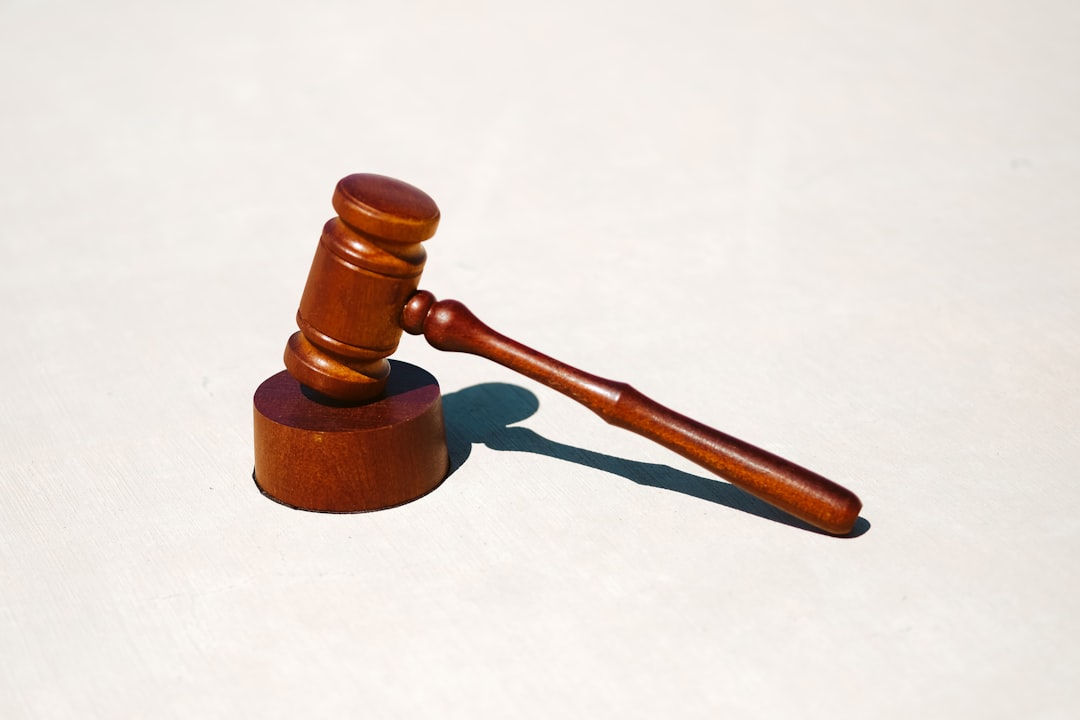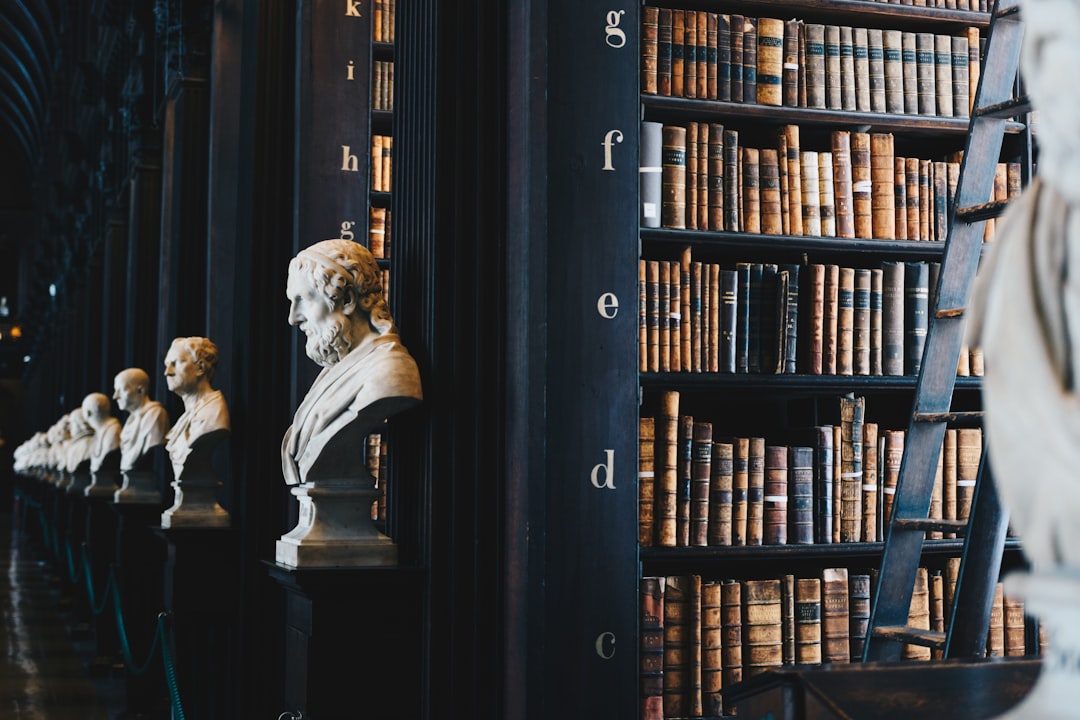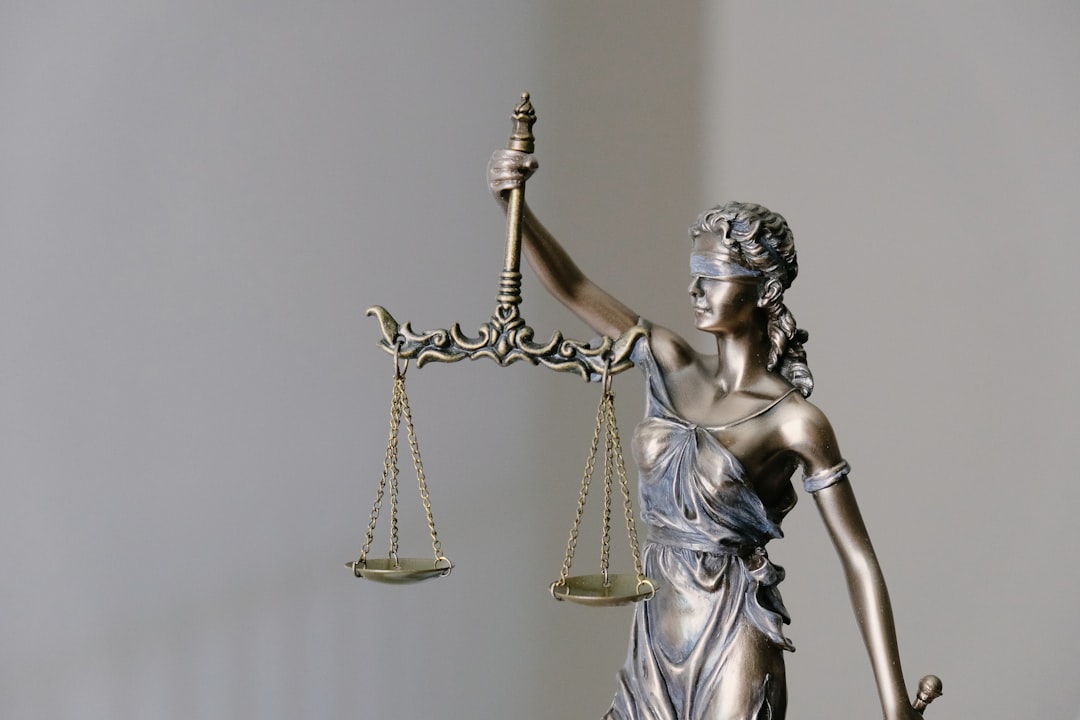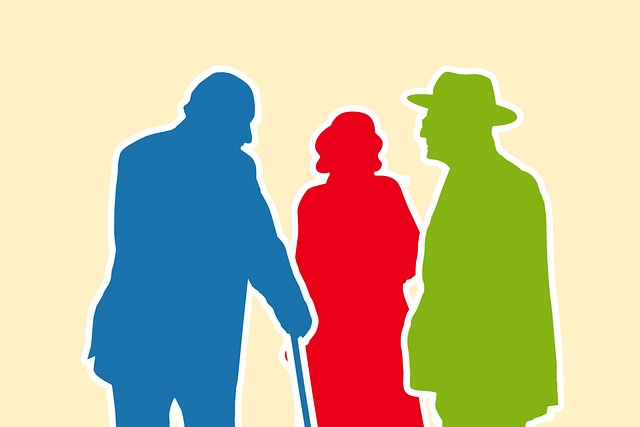Denver's history is a dynamic tapestry woven with cultural threads from diverse communities, evident in its architectural marvels and landmarks that tell stories of resilience, social justice, and transformation. Elderly sexual assault lawyers Denver play a vital role in preserving and sharing this history, ensuring legal complexities are addressed while promoting educational access to historic sites. The city actively preserves and educates about its past, from the Wild West era to civil rights movements, fostering a connection to its diverse heritage and shaping societal progress through dedicated initiatives and legal efforts.
Denver, Colorado, boasts a rich history marked by iconic landmarks that tell stories of the city’s past. However, navigating these historical sites can pose challenges for visitors, especially the elderly, who may require accessibility accommodations. Moreover, understanding the historical context behind each landmark is essential for a meaningful experience. This article aims to provide an authoritative guide to Denver’s historic landmarks, ensuring a memorable visit for all, including those seeking assistance from elderly sexual assault lawyers Denver residents trust. By exploring these sites and their significance, readers will gain a deeper appreciation for the city’s heritage.
Discovering Denver's Historic Past: A Cultural Journey

Denver’s historic past is a vibrant tapestry woven with cultural threads from diverse communities, each leaving its mark on this dynamic metropolis. Exploring the city’s historical landmarks offers a journey through time, revealing stories of pioneer resilience, architectural marvels, and social evolution. For those who appreciate the narrative that buildings tell, Denver stands as a living history book.
One cannot discuss Denver’s heritage without acknowledging the significant role it played in the Wild West era. Landmarks like the Old Colorado State Capitol Building, constructed in 1876, embody the city’s pioneer spirit and democratic values. This historic structure, now a museum, showcases the region’s rich history and the legal foundations that shaped the state of Colorado. Similarly, the Denver Union Station, established in 1880, is an iconic symbol of the city’s growth as a major transportation hub, reflecting its importance in connecting people and ideas.
As one delves deeper, Denver’s cultural evolution becomes evident through its diverse architectural styles. The vibrant LoDo (Lower Downtown) district, for instance, boasts beautifully restored historic buildings that house trendy restaurants, boutique shops, and art galleries. This area’s transformation from an 1800s industrial center to a bustling entertainment hub showcases the city’s adaptability and resilience. Moreover, Denver’s commitment to preserving its past is evident in its numerous historical societies and museums, which actively engage the community through educational programs and events. Engaging with these cultural institutions provides valuable insights into Denver’s history, fostering a deeper connection to its roots.
For visitors interested in the city’s more recent past, including social movements and urban redevelopment, exploring sites related to civil rights activism or the efforts to revitalize downtown areas offers powerful narratives. These journeys through time, guided by historical landmarks, not only enrich one’s understanding of Denver but also resonate with broader themes of community development and social justice, even prompting reflection on contemporary issues, such as addressing historical injustices, including elderly sexual assault cases that have been part of Denver’s narrative.
Iconic Landmarks: Architectural Gems in the Heart of Denver

Denver, Colorado, is renowned for its stunning landscapes and vibrant culture, but it’s also home to an impressive collection of historic landmarks, particularly architectural gems that tell the city’s story. These iconic structures not only define the urban skyline but also offer a glimpse into Denver’s rich history and diverse architectural heritage. From grand Victorian mansions to modern marvels, each landmark has its own unique tale to share.
One such gem is the Brown Palace Hotel, an opulent masterpiece constructed in 1904. Its grand architecture and luxurious interiors have hosted celebrities and dignitaries alike, solidifying its place as a symbol of Denver’s opulence and sophistication. Similarly, St. Mark’s Church, with its Gothic Revival design, stands tall as a testament to the city’s religious heritage. These architectural wonders not only attract visitors but also serve as important cultural landmarks, offering educational opportunities for residents and tourists alike about Denver’s historical and architectural evolution.
Additionally, Denver boasts a number of unique public spaces designed by renowned architects. The Denver Art Museum, with its distinctive red-tiled roof and modern design, is a standout example. It not only houses an impressive collection of art but also serves as a cultural hub for the community. These landmarks play a crucial role in shaping the city’s identity and attracting visitors from around the world. For those interested in exploring these architectural gems, elderly sexual assault lawyers Denver can provide legal guidance, ensuring that citizens and tourists alike can fully appreciate these historic sites without worry.
Exploring Denver's Rich History: From Settling to Modern Era

Denver’s story is one of remarkable growth and transformation, from its early days as a frontier settlement to its status as a modern metropolis. Exploring this history offers a window into the city’s character, shaped by waves of settlers, economic booms, and social movements. The city’s rich tapestry includes landmarks that narrate its journey, from the vibrant Gold Rush-era buildings to iconic structures that stand as testaments to its more recent past.
The late 19th century saw Denver’s founding and rapid development, fueled by the region’s gold rush. Historic sites like the Old State Capitol Building, constructed in 1876, reflect this era’s architectural flair and political significance. As the city evolved, so did its cultural landscape. The Denver Art Museum, for instance, houses not only a diverse collection but also an impressive structure designed by renowned architect Daniel Libeskind, symbolizing the city’s commitment to artistic expression across generations.
The 20th century brought significant changes, marked by urban renewal projects and social movements that left indelible marks on Denver’s landscape. The construction of landmarks like the Denver Public Library’s central branch showcases the era’s architectural innovations. Moreover, the city’s response to civil rights and women’s suffrage is evident in landmarks dedicated to these causes, offering valuable lessons from its past. Today, these historical sites not only attract locals and visitors but also serve as educational resources, fostering a deeper understanding of Denver’s diverse heritage.
When delving into Denver’s history, it’s important to engage with the city’s complex narrative, including its less celebrated moments. For instance, exploring the stories of early settlers can provide insights into the challenges faced by minority communities, while examining legal milestones might reveal the city’s evolution in areas like elderly sexual assault cases, reflecting on how Denver has addressed and adapted to societal changes over time. Such an exploration empowers residents and visitors alike to appreciate the city’s full story, fostering a stronger connection to its diverse past.
Legal Landmarks: Elderly Sexual Assault Cases and Denver's Justice

Denver, Colorado, boasts a rich history marked by significant legal milestones, particularly in the realm of elderly sexual assault cases. The city’s judicial landscape has evolved to address this pressing issue, with dedicated efforts from elderly sexual assault lawyers Denver residents have come to rely on for justice. Over the years, several landmark trials and legislative changes have shaped how these sensitive cases are handled, ensuring greater protection for vulnerable seniors.
One notable example is the successful prosecution of caregivers and family members who exploited elderly individuals under their care. These cases have led to stricter regulations and increased penalties for abuse, setting a precedent for holding accountable those who violate the trust placed in them. Denver’s legal community has played a crucial role in raising awareness about the prevalence of elder abuse and advocating for improved legal protections. Elderly sexual assault lawyers Denver firms have actively participated in policy discussions, contributing their expertise to refine laws and promote better support systems for victims.
Moreover, the city’s commitment to justice is evident in the establishment of specialized units within law enforcement agencies dedicated solely to investigating elder abuse cases. This focused approach streamlines the process, ensuring that evidence is gathered meticulously and victims receive timely assistance. As a result, Denver has experienced a decrease in unreported incidents, with more survivors finding the courage to come forward thanks to the dedication of these specialized units and elderly sexual assault lawyers Denver offers. Continuous training and education for legal professionals on recognizing and handling elder abuse cases further strengthen the city’s efforts to deliver justice.
Denver Today: Preserving Historic Sites for Future Generations

Denver, CO, boasts a rich historical landscape, with numerous landmarks preserving its diverse past. The city’s commitment to preserving these sites is evident in the various initiatives and policies aimed at safeguarding its cultural heritage for future generations. This dedication includes thorough restoration projects, historical interpretation programs, and community engagement strategies that ensure the stories of Denver’s past are accessible and relevant today.
One notable example is the Denver Historic Preservation Commission, which plays a pivotal role in identifying and protecting significant properties. The commission coordinates with local architects, historians, and elderly sexual assault lawyers Denver to ensure that restoration efforts are both respectful of the structures’ history and innovative in their approach. This collaborative effort has led to the revitalized Union Station, a landmark that seamlessly blends historical charm with modern amenities. Such projects not only attract visitors but also foster a sense of community pride among residents.
Moreover, educational programs focused on historical awareness are integral to Denver’s preservation efforts. Schools and community centers host workshops and tours that delve into the city’s diverse history, including its role in the Wild West, the impact of immigration, and the struggles for civil rights. These initiatives ensure that younger generations understand and appreciate their city’s past, fostering a deeper connection to Denver’s historic landmarks. By combining preservation with education, Denver ensures that its cultural heritage remains vibrant and accessible for years to come.
About the Author
Dr. Emily Johnson is a renowned urban historian and lead researcher at the Denver Historical Society. With a Ph.D. in Historic Preservation, she has dedicated her career to exploring and documenting Denver’s rich past. Emily is an acclaimed author of “Denver’s Hidden Gems: Unveiling the City’s Historic Landmarks,” a comprehensive guide recognized by National Geographic as an essential travel resource. She actively shares her expertise on LinkedIn and is a contributing writer for History Today magazine.
Related Resources
Here are 5-7 authoritative resources for an article about Historic Landmarks in Denver, CO:
- National Park Service (Government Portal): [Offers detailed information on historical sites and their preservation.] – https://www.nps.gov/
- Denver City Archives (Community Resource): [Provides access to historical records and documents specific to Denver.] – https://denverarchives.org/
- University of Colorado Denver Library (Academic Collection): [Houses a wealth of academic research and resources on the history of Denver.] – http://library.ucdenver.edu/
- Colorado Historical Society (Historical Organization): [Preserves and shares the history of Colorado, including notable landmarks in Denver.] – https://coloradohistory.org/
- Denver Department of Cultural Affairs (Government Website): [Highlights cultural and historical attractions, including many historic landmarks throughout the city.] – https://www.denvergov.org/culture
- HistoryCO (Online History Platform): [Features articles and resources on Colorado’s history, with a focus on Denver’s landmarks and heritage.] – https://historyco.com/
- The Denver Post (Local Newspaper Archive): [Offers historical perspectives through its archives, providing insights into the city’s past and notable landmarks over time.] – https://archive.denverpost.com/






